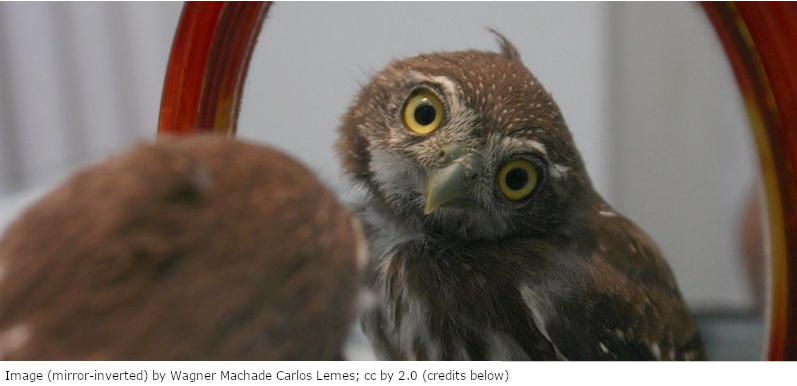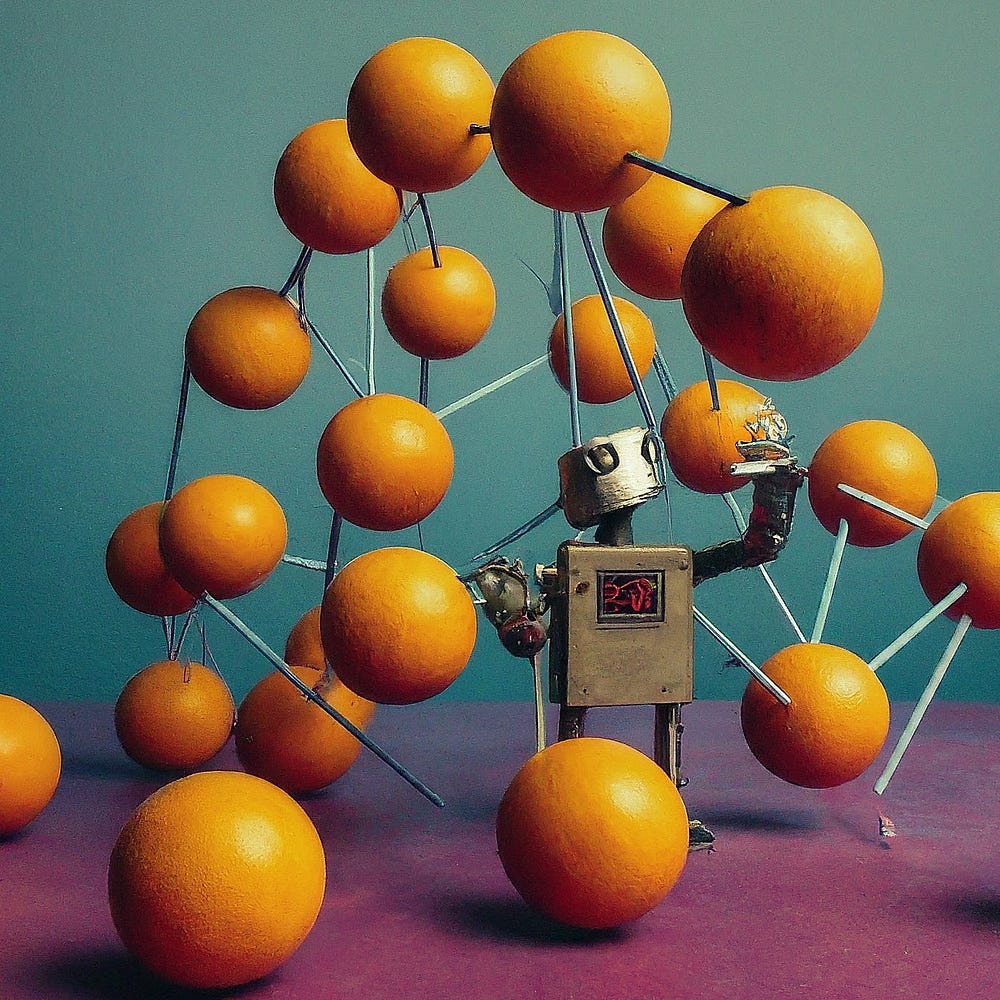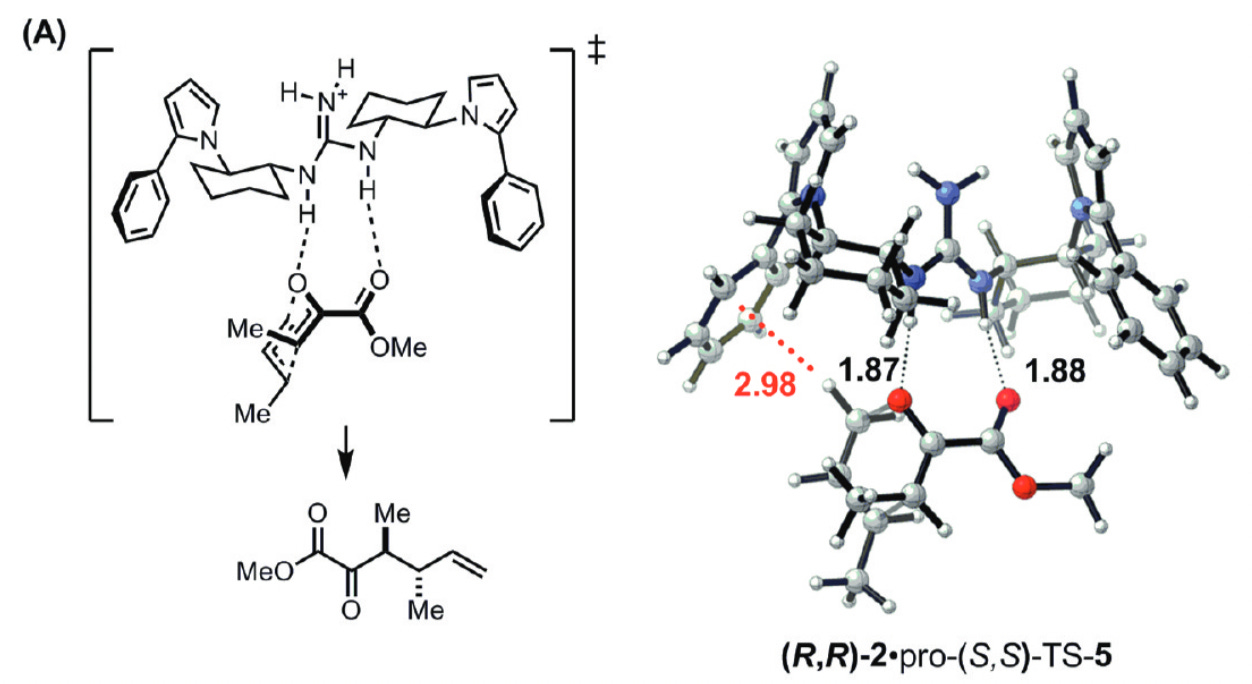On how our constant connectivity demands a particular way of existing.
Messages de Rogue Scholar

Die sogenannten Mirror Journals beschäftigen die bibliothekarische Community bereits seit einigen Jahren. Das Publizieren in diesen Zeitschriften widerspricht nach überwiegendem Konsens den etablierten Förderkriterien vieler wissenschaftlicher Einrichtungen, indem der Grundsatz „keine Förderung von hybriden Zeitschriften“ unterwandert wird.

Here at SV-POW!, we love bifurcated cervical ribs. Those of Turiasaurus are one of the autapomorphies proposed by Royo-Torres et al. (2006:figure 1K). Their diagnosis of the new genus included “accessory process projecting caudodorsally from the dorsal margin of the shafts of proximal cervical ribs”. Here is the best example of such a rib in Turiasaurus , attached to its vertebra.

Automated Knowledge Graph Construction with Large Language Models — Part 2 Harvesting the Power and Knowledge of Large Language Models Author Amanda Kau ( ORCID : 0009–0004–4949–9284 ) Introduction Knowledge graphs (KGs) are a structured representation of data in a graphical format, in which entities are represented by nodes and are connected by edges representing relationships
POSSE stands for Publish (on your) Own Site, Syndicate Elsewhere. I first heard about it from Cory Doctorow. I’m experimenting with automation to convert posts tagged shortform into Mastodon threads (I’m mathstodon.xyz/@j2kun). I’m using Hugo as a static site generator, with the source a (private) GitHub repository, and Netlify for deployments.

Using Mistral for Data tagging Author · Xuzeng He ( ORCID: 0009–0005–7317–7426) Introduction Data tagging, in simple terms, is the process of assigning labels or tags to your data so that they are easier to retrieve or analyse.

Let's be clear here, Google Scholar is ill designed for use for systematic reviews . I am not trying to argue otherwise. (Obligatory warning, I am not a real systematic review librarian) But why exactly?

Much molecular design today can be boiled down to “put the right functional groups in exactly the right places.” In catalysis, proper positioning of functional groups to complement developing charge or engage in other stabilizing non-covalent interactions with the transition state can lead to vast rate accelerations.
Editorial: Museus são lugares de educação e pesquisa, sim!, de Vera Mangas Entrevista: Gustavo Tanus e Jean Brito Perspectiva: Fabiane Ferreira da Silva e Tatiana Brandão Inovação: “Como transformar memórias em fontes de informação?”, de Ana Carolina Gelmini de Faria e Marlise Giovanaz;
The Open Science Retreat 2024 was a full success. We co-created so many things and had a wonderful time at the Dutch dunes. Read on to learn what came out of the retreat.